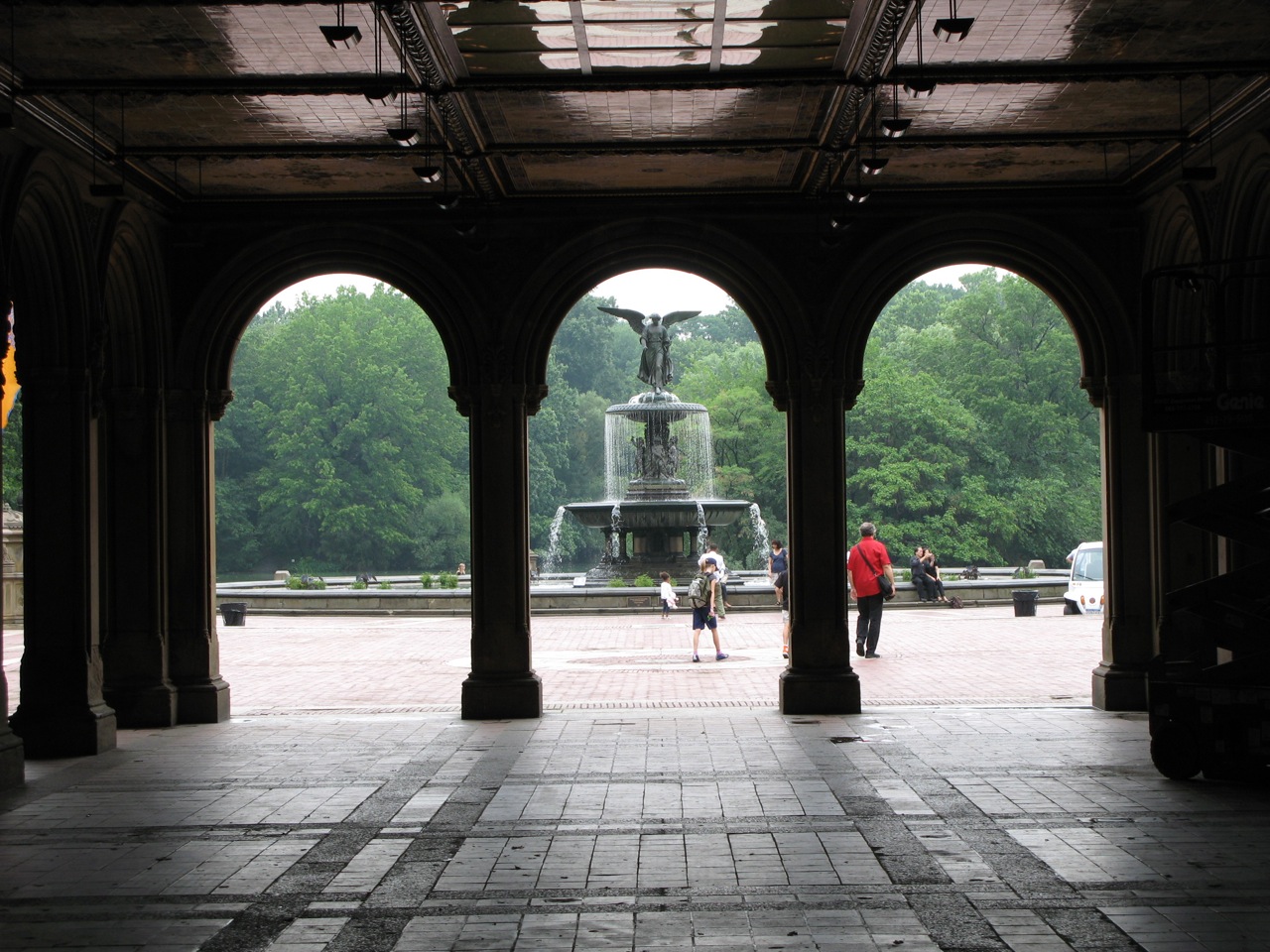

Tristan - the stories are everywhere. this is Silvia Rafael, a 20-year-old myan native who works two jobs and cares for the white children of the tourists. she wears the native clothing of a people who find their way of life disappearing. - Jessie
sidenote: part of why i came here was to rediscover why i became a journalist in the first place. i'm only 24 years old and got so burned out that it was hard for me to remember i've only been in the profession for about two years. i met silvia on the end of a boat dock in santa cruz and asked if i could take her picture. i stayed with her for about an hour bumbling through broken spanish. she has two jobs and is trying to learn english on her sundays off. she is part of a culture people are predicting will be gone in 20 years. the myans are poor, but some of the happiest people i've ever met. during the day they labor at the bottom of the mountain at the feet of the tourists, carrying their luggage and so on, and then every night they climb to the top of the mountain to their own village. last night i went outside late and heard them chanting. it was both beautiful and haunting all at the same time. when i left the boat dock i felt the best i have in months.
i remembered why i marked "journalist" on my customs sheet even though i quit my job to come here. i may be unemployed, but i still realize this may be what i was born to do.
















































